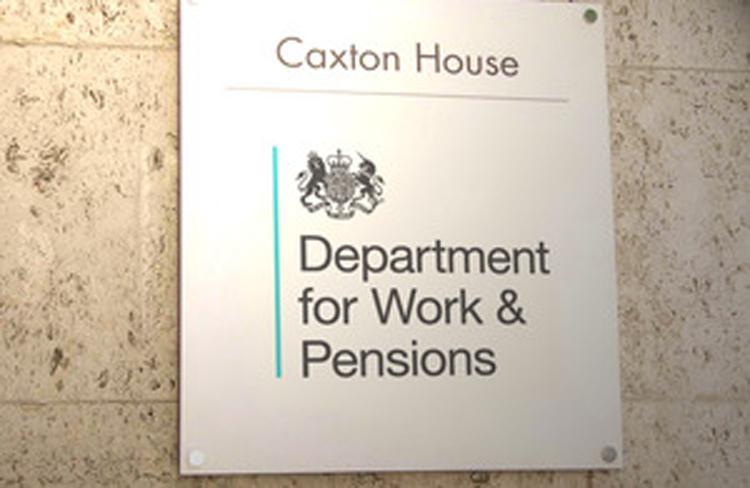The Careers and Employability Hub project in the D2N2 LEP area

Details
This call is for activities under the ESF Investment Priorities 2.2. The target groups for this call are Small and Medium Enterprises.
There are nearly 72,000 SME’s in the D2N2 area. Unlike large companies the majority of the D2N2 employer base lack the capacity, knowledge and incentives, to engage with education and training institutions. They need practical and coherent routes to engage with these bodies and the future workforce to provide labour market intelligence and the meaningful interactions with employers needed to create job ready young people.
This project will put employers at the heart of inspiring and informing young people and individuals seeking work or wanting to progress about future opportunities available. Employers will be given the opportunities to partner with schools and organisations that work with young people outside school to provide the inspiration and information about job opportunities, new technologies, business developments and local skills shortages to young people, their teachers, parents and other professionals that work with young people (including training and careers guidance professionals).
Applicants will need to demonstrate that employers are at the heart of their approach and that employers will lead the strategic governance and local operational priorities of the project. Specifically, it is expected that the project will work with the D2N2 Growth Hub and other employer facing services to establish an employer led board to provide strategic guidance to the project.
Activities
The proposed project will add value to, and not duplicate, the work of the current Careers and Enterprise Company, National Careers Service and other local youth engagement programmes to give educational establishments an added value model of careers and employability provision. The programme will co-ordinate the following:
-
Work with the D2N2 LEP and other local stakeholders to support delivery of priorities contained in the D2N2 Strategic Economic Plan and Careers, Education, Information, Advice and Guidance (CEIAG) strategy.
-
Work with senior managers in educational establishments and employers to support co-delivery of essential work skills (i.e. communication, creativity, innovation and enterprise, critical thinking, team work, problem solving, resilience and character) of young people in both schools and colleges focusing on D2N2 priority sectors.
-
Foster enterprise and entrepreneurship skills amongst young people.
-
Develop meaningful/inspirational interactions with employers for young people (i.e. tasters, work experience, mentors, meet the employer sessions).
-
Support employers to work with schools, colleges, youth professionals and other education and skills providers to support the design and delivery of the careers and employability curriculum.
-
Build capacity in SMEs to provide project/placement/internship opportunities and enhance the contribution of advanced skills to SME growth.
-
Support the delivery of high-quality Careers Education, Information, Advice and Guidance for young people, supported through employer involvement and the development of quality LMI materials.
-
Manage inspiring activities delivered by employers, including tasters, work experience, mentoring, meet the employer sessions, for young people, their parents, youth professionals, teachers and training and career guidance professionals, focusing on D2N2 priority sectors and highlighting new technologies.
-
Support employers to develop and offer work experience, apprenticeship and job opportunities, particularly recognising the forthcoming need for T-level students to undertake 3 months’ work experience.
-
Increase employer involvement in activities that show-case career pathways and progression opportunities, for example through careers events and fairs.
-
Support employers to offer skills development outside the ‘normal’ environment for young people in school years 11 to 13 in transition from school to T-levels and Apprenticeships. Specifically, by offering team building, residential experience, independent living and community social action, the project will demonstrate the embedding of transferable skills whilst improving young people’s confidence and self-esteem.
-
Work closely with the D2N2 Enterprise Advisers to enhance links between local employers, schools, colleges and other education and training providers.
-
Coordinate activities and simplifying the careers and employability offer by encouraging collaboration between different organisations and ensuring information about activities and associated resources are easily accessible.
As well as monitoring the engagement and involvement of employers, baselines will be established, and SMART targets agreed with the LEP in the following key areas where a real shift in performance is needed.
-
Number of SMEs, in priority sectors involved in the project.
-
Number of schools and colleges involved in the project.
-
Levels of satisfaction of people who work with the project, including employers, young people, parents, teachers and youth professionals.
-
An increase in the number of schools achieving the Gatsby benchmarks.
-
More curriculum activities developed and delivered in collaboration with groups of employers particularly in priority sectors.
Applicants should note that a complementary call has been issued under Priority 2.2, the D2N2 Skills Access Hub. Applicants are encouraged to consider opportunities for integration of activity.
Target Audience:
Activities should be focused on support to SME organisations as the primary target audience, however applicants should also provide information in their Indicator Annex on the total number of participants expected to benefit from the project as a consequence of the ESF project support to SME organisations. Performance of the ESF Project(s) will then include monitoring against the individual participant target (ESF Output Target O1) as well as the relevant SME Output and Result targets.
For more information, download the call specification.
Location
The project must cover the D2N2 LEP area.
Value
Approximately £1,522,181 of ESF is available.
Deadlines
Full application deadline: 1 August 2019
Completion date
Projects must be completed no later than 3 years and 6 months after the proposed project start date, however the ESF Managing Authority reserves the right to vary the maximum duration in exceptional circumstances. All ESF Projects must be completed by 31st December 2023. Project costs cannot be incurred beyond this date.











Responses